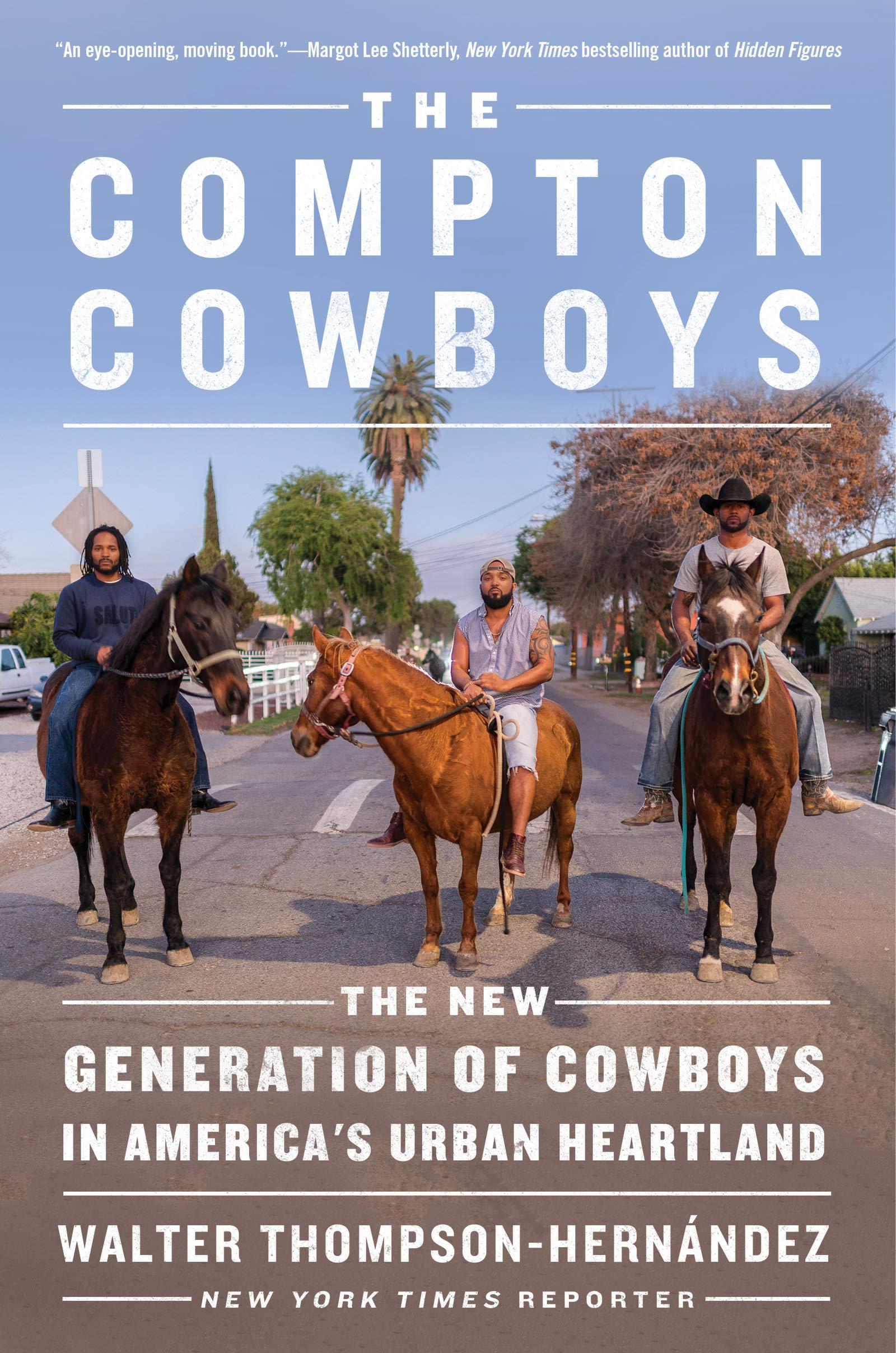
Why This Rural Middle-Aged White Woman Is Looking Forward to Reading the New Book “Compton Cowboys: The New Generation of Cowboys in America’s Urban Heartland”
Here’s why this is one book you won’t want to miss.

By Mary Lynne Carpenter
From Native America to Mongolia, non-European equestrian cultures have existed for centuries. Around the world, both historically and currently, there are diverse groups of equestrians riding and enjoying their horses. I don’t think this surprises most people, but if you look at the state of diversity among US equestrians, you might get a different impression. Attend most horse events in the US, and you will find both the participants and spectators to be largely white.
Why? Issues of this magnitude run deep and are multi-faceted. In my review of articles from around the internet regarding diversity among riders, the issue of access came up repeatedly. Authors mentioned costs of horse ownership and even costs of simply riding a horse (lessons, equipment) as out of reach for many. Lack of physical proximity to horses, who are largely kept in white rural America, is a barrier as well. Racism in all its obvious and more hidden forms blocks access. Writers mention that if you don’t see people who look like you participating in a certain lifestyle, you are less likely to see that lifestyle as possible for you or welcoming to you.
Enter the soon to be published book “Compton Cowboys: The New Generation of Cowboys in America’s Urban Heartland”. Scheduled for release in April 2020, this book grew out of a New York Times article written by Walter Thompson- Hernandez. It chronicles a group of young men who ride and care for their horses within the urban environment of Compton, California.
The Compton Cowboys can’t and don’t represent all African-Americans who ride horses. No one group or person can speak to the variety of experiences and ways of thought that are ever present in every culture. Just like I can’t speak for all middle-aged, white female horse riders, I wouldn’t expect the individuals that make up the Compton Cowboys to speak for every African-American equestrian either. Nevertheless, the importance of bringing their group story into public awareness speaks to so many issues of our time.
I am not a book reviewer so I do not have access to the book yet, but Eliza McGraw in her book review inside the March/April 2020 issue of UnTACKED noted that the author Walter Thompson-Hernandez tells the story of the Compton Cowboys while “he identified themes and feelings that will be familiar to all horse-loving readers.”
This is where the genius of horses comes into play for me. This is what draws this rural- Generation X-white-female rider to a book about largely urban-Millennial- black-male equestrians. Other than our shared humanity, we may not have a lot in common. But the appreciation of and attraction to the horse knows no bounds. They are such magnificent creatures. You can be exactly who you are AND be accepted by the horse. Doesn’t matter your appearance. Doesn’t matter your background. Doesn’t matter your age. The horse responds to the spirit of the person he encounters. The horse responds to a person by how she is cared for and treated by the people around her.
With all the layers of separation between the members of the Compton Cowboys and me, I will be looking forward to reading the book and finding common ground. Will I like everything that the book has to say? I don’t know. But by discovering what we share with any one person from whom we differ, we can open up our minds. It seems to me that shared interest in the horse is a great place to start. Horses have so much to teach us about acceptance, treating each other well and that what counts is on the inside of the person. I look forward to learning more.
For more reading about issues related to equestrian diversity, here is a very small sampling of article links:
- Guest Editorial: No Room for Bigotry
- Ranee James Is Breaking Stereotypes for Black Women in Equestrian Sports
- 6 Facts on African American Horseback Riding
- ‘The Horse Nation Is Here for Us’: How Lakota Culture Is Helping Treat Child Trauma in South Dakota
- How This Trailblazing Navajo Cowboy Made Professional Rodeo History
- Equality, Diversity & Opportunity in the Equestrian World
Mary Lynne Carpenter enjoys reading, writing and riding. She blogs about her small corner of the horse world through “The Backyard Horse Blog — Living the Dream and the Reality of Keeping Horses at Home.”





